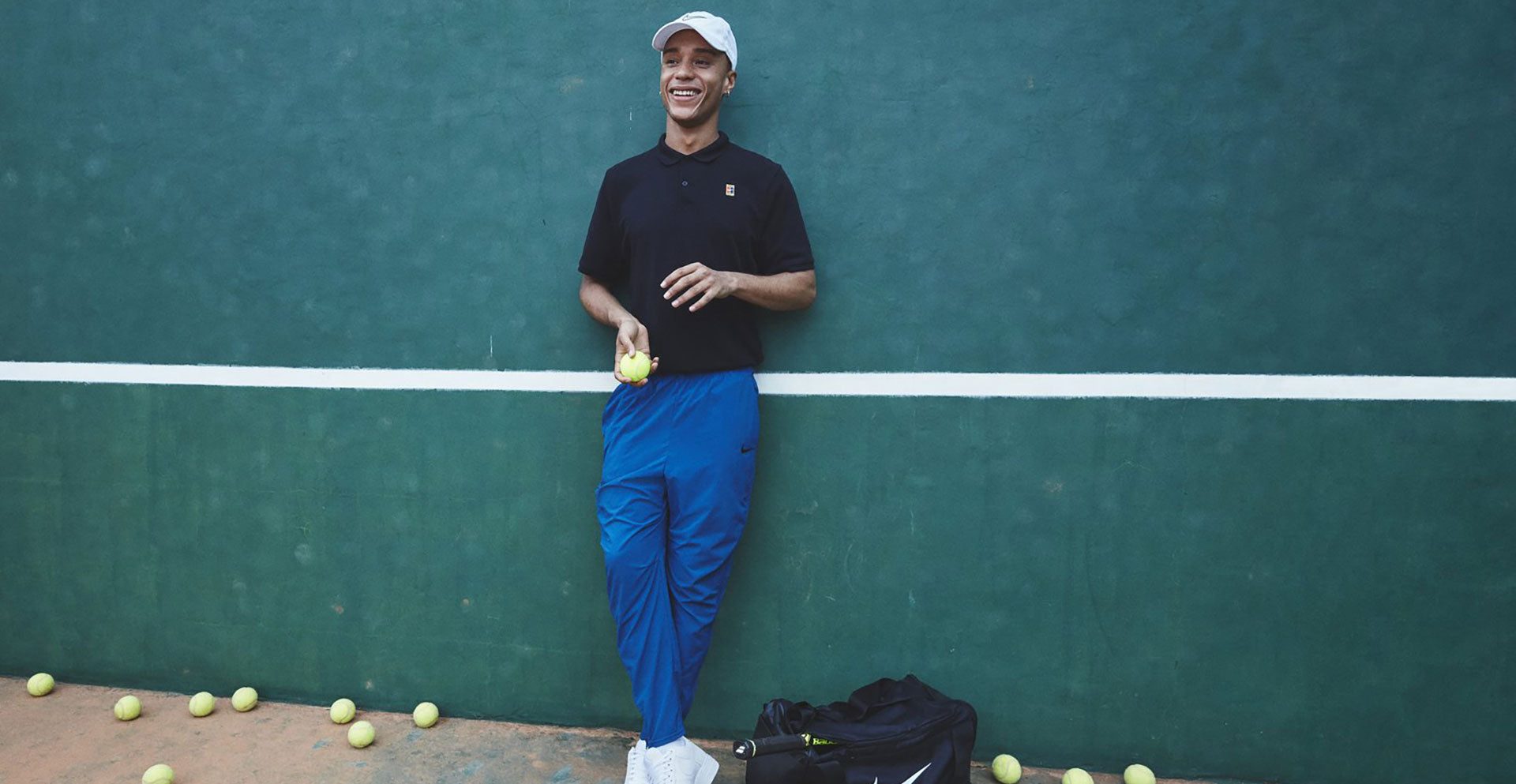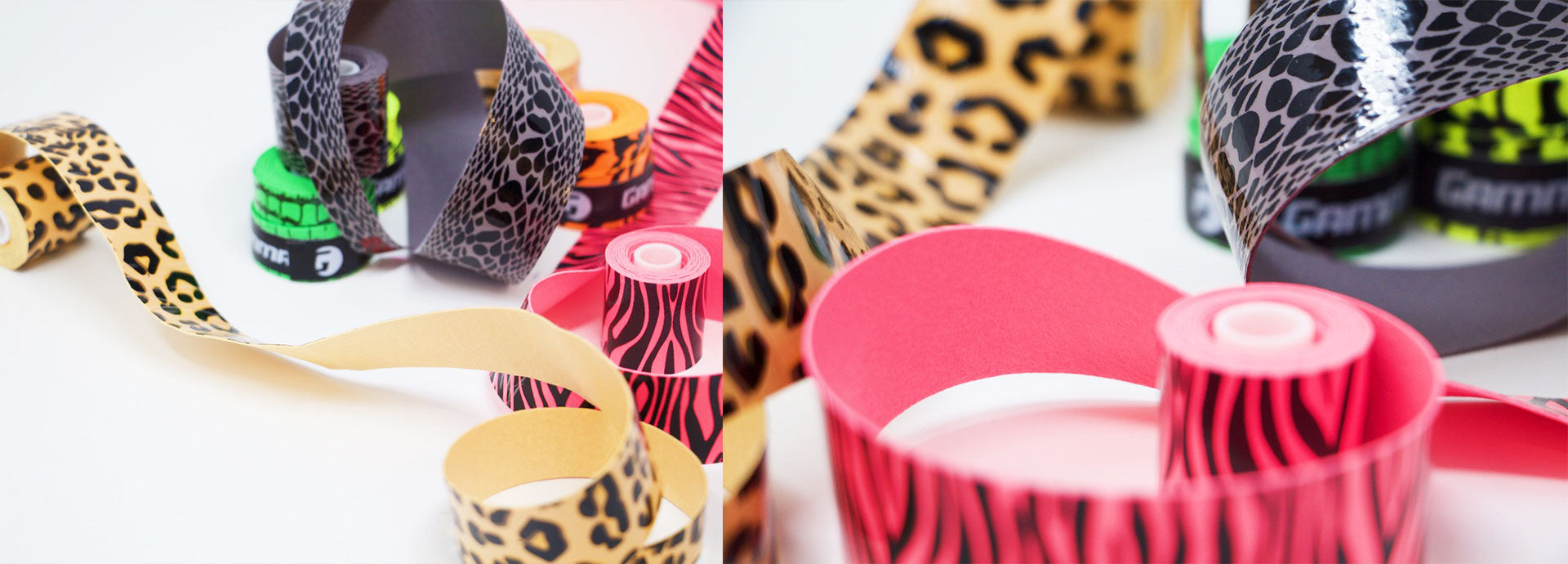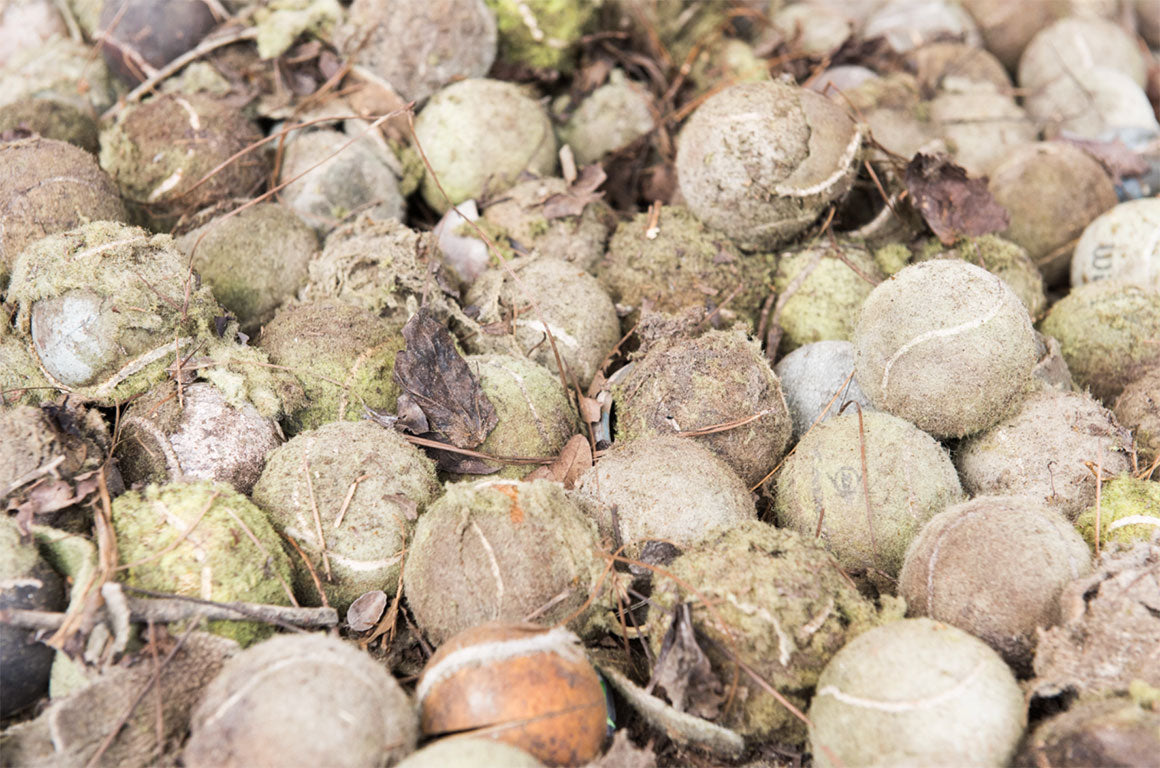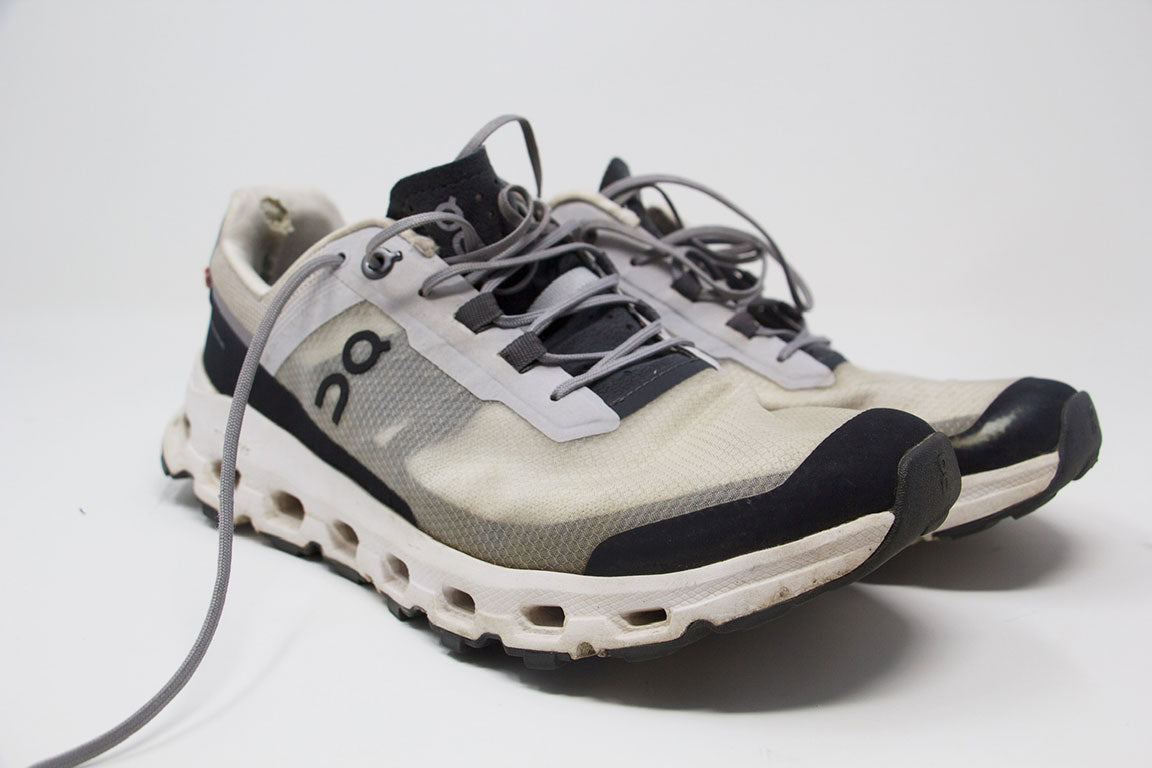RACKET SERVICES

QUALITY PRE LOVED SPORTSWEAR

Clothing from many of the world’s favourite brands lies in discarded heaps in Chile’s Atacama Desert. How it got there tells the story of modern fast fashion"
As of 2024, the fashion industry remains one of the most significant contributors to environmental waste, generating alarming amounts of pollution and waste annually. It is estimated that about 100 billion new garments are produced each year, contributing to 10% of global greenhouse gas emissions. This positions the fashion industry as one of the top polluters globally. The environmental impact is further compounded by the fact that a vast majority of these garments are made from materials that are not easily recyclable, leading to millions of tons of textiles ending up in landfills every year (Recycling Magazine)
Specifically, around 300,000 tons of clothes are discarded into household rubbish bins annually, with a significant portion ending up in landfills rather than being recycled or reused. This waste is not just a loss of valuable resources but also represents a substantial financial waste, estimated at around £140 million in clothing value.
Moreover, the environmental impact extends beyond waste. The production of textiles requires extensive water usage and contributes to pollution through the release of microplastics and chemicals during the manufacturing process. The industry's reliance on non-renewable resources and the limited use of sustainable materials exacerbate these issues, highlighting the urgent need for a shift towards more sustainable practices (World Economic Forum)
In response to these challenges, there is a growing movement within the fashion industry to adopt circular fashion models, which emphasize recycling, upcycling, and the use of sustainable materials. Such approaches are crucial for reducing the industry's environmental footprint and moving towards a more sustainable future.
OUR CIRCULAR ECONOMY INITIATIVES
NO sweaty smelling sports clothes here!!
In January 2024 we launched REVIVAL a concept we have pondered over for some time, can we sell pre-loved next to new? Will our customers be willing to buy pre-loved sports clothes? Well, I can tell you the answer is resounding YES. Revival is the home of the well priced, lovely quality sportswear for men, women and kids. You never know what you will find - we also sell the clothing on behalf of our customers - not only does Revival allow garments to live longer and reduce their environmental impact over time but its also a great way of putting money back into our customers pockets.
THE ENVIRONMENTAL CHALLENGES OF TENNIS BALL MANUFACTURING

Perhaps one of largest sustainability problems in sport. Tennis balls present several significant environmental challenges due to the materials used in their production, the waste they generate, and their overall lifecycle.
95,000 balls are used in the 14-day US Open Tennis balls have a short lifespan, especially at the professional level. In major tournaments, new balls are used frequently to ensure consistent performance, leading to the disposal of thousands of balls after just a few games.
360,000,000 tennis balls are manufactured each year, according to the International Tennis Federation - and most balls are only used a handful of times before being discarded as “flat”
Only 22 million of these tennis balls are recycled Recycling tennis balls is challenging due to the combination of materials used. The rubber and felt are difficult to separate and repurpose, and there are limited facilities capable of processing them. This leads to a low recycling rate and a higher environmental impact.
Some 97 percent of tennis and padel balls normally end up in landfill as they contain oil-based acrylic fibres which cannot be recycled. Those same fibres spread micro-plastics through the air each time a ball is hit. Once in the landfill, balls can take approximately 400 years to completely decompose and never completely decay.
To put those figures into a broader context, some 18million kilograms of materials are used every year to produce over 300 million tennis balls which are used worldwide annually.
Although, all is not lost.
In response to these challenges, companies like Wilson have developed more sustainable tennis balls. For instance, Wilson's Triniti tennis ball uses a new type of rubber core that doesn't require pressurisation, extending the ball's lifespan and reducing waste. Additionally, Triniti balls are packaged in recycled cardboard, further minimising their environmental impact. We were a very early adopter of the TRINITI tennis ball and continue to guide our customers to this ball for it's durability properties. It is good to see other manufacturers following suit and investing in the development of more sustainable tennis balls and packaging.
OUR CIRCULAR ECONOMY INITIATIVES
NO new balls please!
We have been working with a UK recycling company for many years, a company that aim to repurpose old tennis balls for other uses, such as creating tennis court surfaces and playground floors from ground-up balls or donating them to animal shelters as toys. So many of our local tennis players drop their used tennis balls into us and we do the rest! We are paid for the volume of balls we send and all funds we raise are donated directly to a small Brighton based charity Pedal People via our GoFundMe page. This means the tennis balls are not only put to good use and live again, but they also provide much needed funds for a local charity that support those with physical disabilities and dementia.
It goes without saying that we also donate MANY used tennis balls to all of the dogs in our local neighbourhood too!

For over 10 years we have collected quality used footwear for St Johns Ambulance in Brighton, our customers have always donated their used shoes (that have life left in them) for use by the homeless in our city.
Sadly at the beginning of 2024 the St Johns Ambulance service was cut and their service of podiatry for the homeless was stopped. I am however delighted that we connected with the homeless prevention team at Brighton Council and we have been able to support their work with the continuous donations of shoes we receive. This is especially important during the autumn and winter months when the weather becomes colder. If you have any shoes that you no longer use and could be used by others please drop these in to store and we will do the rest.